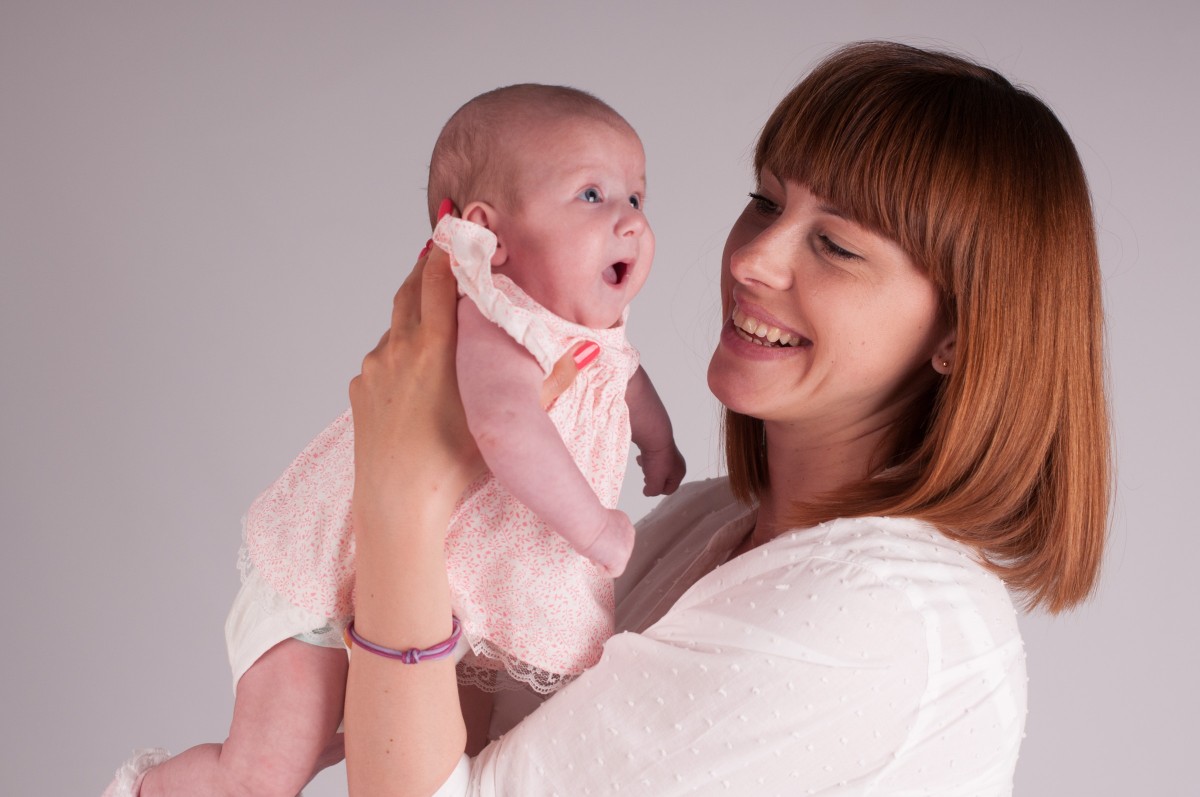While many people decide to start lifelong relationships that result in beginning a new life as a family, the traditional methods aren’t always an easy option. Most couples will simply allow the woman in the partnership to become pregnant and give birth to a child nine months later. Others, however, have illnesses or other medical conditions that make this choice risky or even impossible. For these couples, surrogacy, where another woman agrees to become pregnant, is one alternative. Once the child is born, the surrogate mother unites the newborn with the hopeful couple, and life as a family can begin.
For some, pursuing a surrogate pregnancy means journeying to another country. But there are some major differences between countries regarding surrogacy, and these factors should be the first thing researched and considered as couples go over their options.
Legality Of Surrogacy Types
One of the most important factors that vary from country to country is surrogacy’s legality. There are some countries, such as Japan, where surrogacy is not legal at all, making these countries unsuitable for couples thinking of going abroad.
On the other hand, some countries like Canada allow surrogacy; however, only one type of surrogacy, altruistic surrogacy, is permitted. This means that while surrogate mothers receive payment for living expenses or medical financing, they are, in all other ways volunteering their time and their bodies with no additional financial compensation. In regions where only altruistic surrogacies are permitted, this usually reduces the available choices for surrogate mothers.
Legal Custody
Another area that must be considered when considering other countries is the legal status of surrogate babies and hopeful parents. Some countries, like the United States, have custody laws determined by the states themselves, meaning depending on the part of the US a surrogate baby is born in, there may be some laws to govern parental custody of the child, or no laws, meaning the child’s true parentage and custody is not legally defined.
Then there are other countries where custody laws have been defined at the federal level. In Eastern Europe, Georgia is one example of a country where the constitution clearly lays out the rights of hopeful parents with legal custody of a newborn, provided all other Georgian surrogacy laws have been followed. However, Georgia also has laws restricting the types of couples that may have legal custody of a surrogate baby, with same-sex couples not being recognized under this law. However, Mexico has a similar federal mandate that recognizes custody rights for hopeful parents but has no restrictions on what type of couple is entitled.
Quality Care
A final and crucial factor is the level of medical support a country can offer surrogate mothers. Different nations, and even different cities within specific nations, will have access to higher levels of medical care and medical personnel with the skills and experience to use them. Hopeful parents must carefully research specific countries, then agencies, clinics, and other organizations to see what level of medical support is available.
Stork Service, in the country of Georgia, for example, has alliances in the country with facilities like:
GGRC Clinic
The GGRC clinic is a clinic that offers some of the most comprehensive surrogacy support, including the earliest stages of the process, like helping couples to find, interview, negotiate and partner with a surrogate mother. This clinic is recommended for couples looking for an ongoing start-to-finish service. It even has legal assistance post-birth to help couples secure proper citizenship for newborns returning to their intended country of residence.
Zhordania IVF Center
Zhordania is located in Tbilisi, the capital of Georgia. It is a highly specialized facility offering services such as In Vitro Fertilization for couples that want a “true” genetic descendant with the DNA of both hopeful parents. This is carried out in world-class labs with experienced staff. If required, the center can accommodate donor eggs stored in other countries in cryogenic storage. They are qualified to safely bring them to their labs and use them for implantation.
Chachava Medical Center
Chachava Medical Center is also located in Tbilisi, but this is an older, established organization with a legacy. It has served patients for over a century, opening doors to Georgians in 1875. Today, it now welcomes patients from anywhere in the world. It has a comprehensive suite of services for surrogacy needs, like obstetric and gynecological-related medical assessments and treatment.
Inova IVF Center
The Inova IVF center is a recent addition to Georgia, having only gone into operation in 2015. This is an IVF-focused center with additional services like Preimplantation Genetic Diagnosis. PGD is important for couples with a medical history of congenital conditions, such as sickle cell anemia or cystic fibrosis. The technique screens fertilized eggs and finds the markers for these conditions, letting hopeful families choose eggs without those conditions for implantation. This helps hopeful couples to give their newborn the best possible start in life, without any unfair disadvantages due to inherited diseases.


